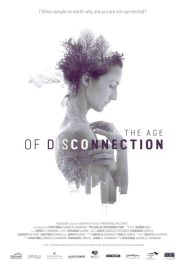The Way of All Flesh (1997)
In the 1997 BBC Horizon documentary The Way of All Flesh, filmmaker Adam Curtis unveils the extraordinary story of Henrietta Lacks, a woman whose cells revolutionized medical research. Henrietta, an African American tobacco farmer, died of cervical cancer in 1951. However, her legacy lives on through the immortal cells extracted from her body.
The HeLa Cells
Before Henrietta’s death, researchers at Johns Hopkins Hospital took a biopsy of her cancerous tissue. To their astonishment, these cells—dubbed HeLa cells—continued to grow and multiply outside her body. Unlike other cells, they defied the usual limitations of cell culture. Scientists soon realized that HeLa cells could be used for groundbreaking research.
Medical Breakthroughs
HeLa cells became invaluable tools for medical advancements. Dr. Jonas Salk used them to develop the polio vaccine, saving countless lives. Over the years, HeLa cells contributed to research on AIDS, cancer, toxic substances, and radiation effects. Their ability to replicate indefinitely allowed scientists to study diseases and test treatments without endangering patients.
The Unrecognized Contribution
While HeLa cells transformed medicine, Henrietta’s family remained unaware of her posthumous impact. The documentary sheds light on the Lack family’s struggle—a poignant tale of invisibility. Henrietta’s descendants grappled with poverty and health issues, unaware that their mother’s cells had become a global scientific phenomenon.
Ethical Questions
The Way of All Flesh raises ethical questions about consent, ownership, and recognition. Henrietta’s cells were taken without her knowledge or consent. Should her family have received acknowledgment and compensation for this monumental contribution? The film challenges us to consider the human cost behind scientific progress.
The Immortal Legacy
Henrietta Lacks, an ordinary woman, left an extraordinary legacy. Her cells continue to shape medical research, yet her name remained obscured for decades. The documentary invites us to honor Henrietta’s memory, recognize her family’s struggle, and reflect on the delicate balance between scientific advancement and human dignity.




